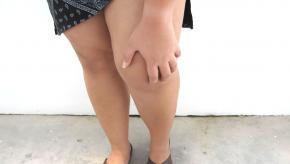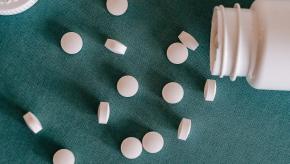All News
Alive in 2025 (1.10.2025)
Dr. Jack Cush brings in the new year with a review of the latest from RheumNow.com
Read ArticleGLP-1 Agonists Alleviate Knee Osteoarthritis
In October, the NEJM published a randomized clinical trial demonstrating the efficacy of glucagon-like peptide-1 receptor agonists (GLP-1ra) in patients with obesity and knee osteoarthritis.
Read ArticleDoes Colchicine Lower Gout Mortality Risk?
Data from a large UK database finds that gout patients starting urate-lowering therapy (ULT) will benefit from added colchicine prophylaxis by having fewer cardiovascular events.
Read ArticleEULAR: Considerations when Transitioning from Pediatric to Adult Rheumatologic Care
EULAR has established guidance on best practices for delivering patient education in physical activity and self-management of pain during transitional care in rheumatology.
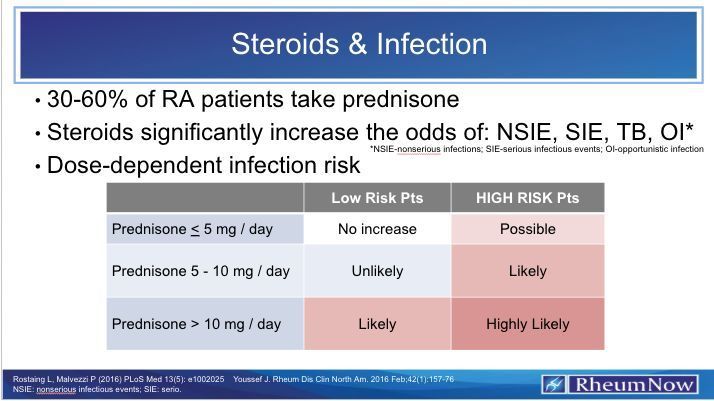
Steroids and Infection
https://t.co/J8OU6I9410 https://t.co/JwpSrS4ouI
Dr. John Cush RheumNow ( View Tweet)

Systematic review of 208 pts w/ IgG4–related disease & pachymeningitis - mean age 52 yrs; 2/3 male. HA & cranial nerve dysfunctions were most common Sxs. nearly half had systemic Dz. Abnl imaging of cavernous sinus and middle fossa. Incr. IgG4 in 65% w/ CSF pleocytosis in 52%… https://t.co/0TberfIXsH https://t.co/6k5QgGTnkw
Dr. John Cush RheumNow ( View Tweet)
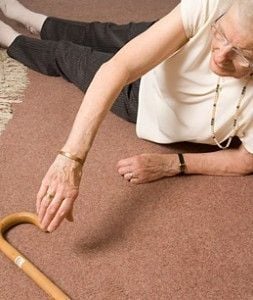
Marketscan claims data study assessed fall risk in 57 086 older adult starting gabapentin vs duloxetine & found gabapentin was not associated with increase in falls. At 6-mos, gabapentin had lower risk of falls (HR 0.52; 0.43 to 0.64]. https://t.co/agrdzkxNdL https://t.co/Te981iDMZU
Dr. John Cush RheumNow ( View Tweet)

Nipocalimab, a mAb that blocks FcRn, was granted a Priority Review from the FDA. J&J has submitted Biologics License Application (BLA) for the treatment of antibody positive (anti-AChR, anti-MuSK, anti-LRP4) myasthenia gravis based on Phase 3 Vivacity-MG3 study.… https://t.co/6sVbrgTBvF https://t.co/9a1dBWz87R
Dr. John Cush RheumNow ( View Tweet)

Does Colchicine Lower Gout Mortality Risk?
Data from a large UK database finds that gout patients starting urate-lowering therapy (ULT) will benefit from added colchicine prophylaxis by having fewer cardiovascular events.
https://t.co/89BXT5OnVS https://t.co/N4IQzRpcPk
Dr. John Cush RheumNow ( View Tweet)

EULAR: Considerations when Transitioning from Pediatric to Adult Rheumatologic Care
EULAR has established guidance on best practices for delivering patient education in physical activity and self-management of pain during transitional care in rheumatology.… https://t.co/eIqbIENFNV https://t.co/NWjiapEPvP
Dr. John Cush RheumNow ( View Tweet)

Prevalence of Autoimmune Diseases in the United States
An epidemiologic assessment of the prevalence of autoimmune diseases in the United States (US) finds that nearly 5% of the population has an autoimmune disorder, twice as many in women compared to men.… https://t.co/L5BusRvcFP https://t.co/JTw8CXf1Tq
Dr. John Cush RheumNow ( View Tweet)

🚨 Just 4 weeks until #RheumNowLive 2025! 🚨
📅 Feb 8-9 | Dallas, TX
Don’t miss 1.5 days of cutting-edge #rheumatology education, interactive sessions, and unmatched networking!
🧠 Expert insights:
🔹 EGPA care innovations (Dr. Wechsler)
🔹 Vasculitis imaging… https://t.co/ObHBj1dQoK https://t.co/UuDZxBhdLr
Dr. John Cush RheumNow ( View Tweet)
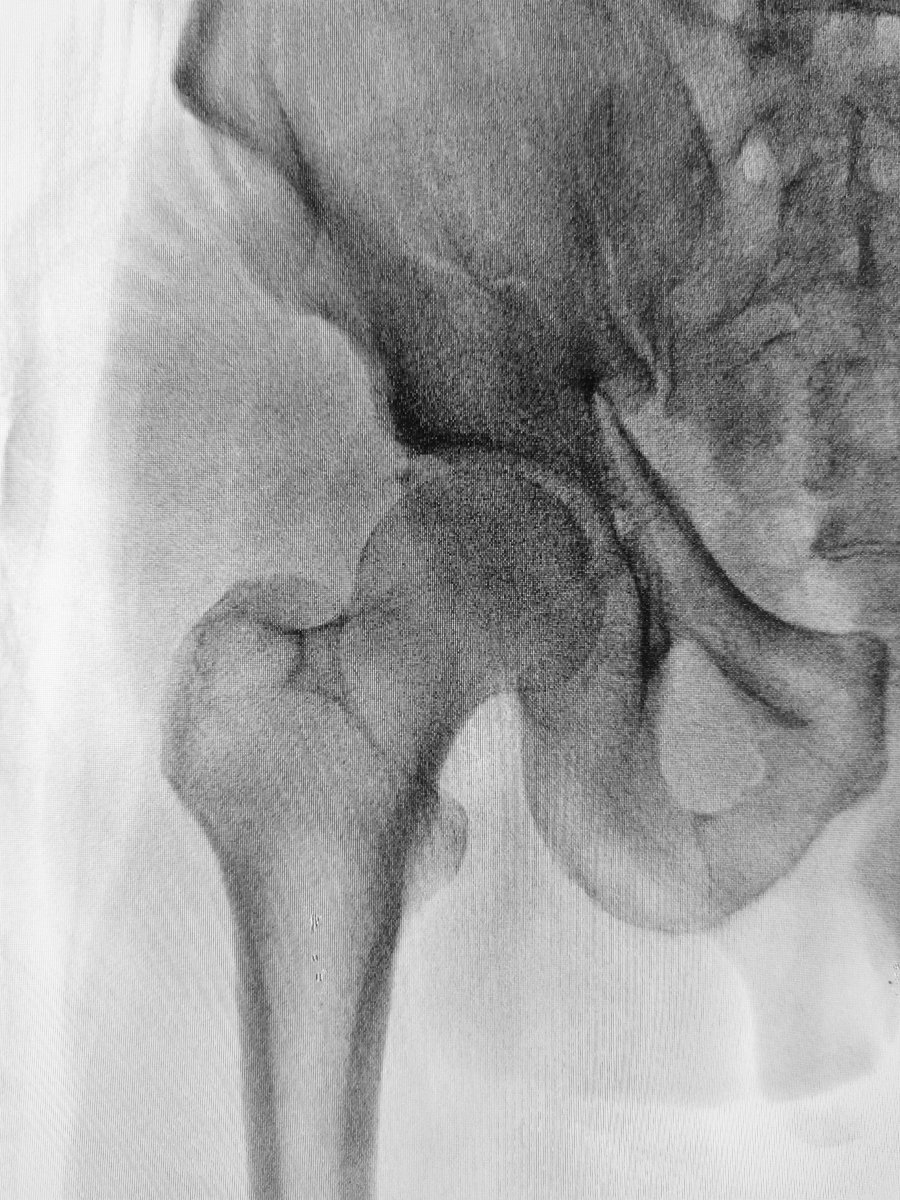
Study of 1032 adults > 50 yrs on dialysis compared denosumab vs or oral bisphosphonates. 3 yr results showed compared with oral bisphosphonates, denosumab lowered the risk for fractures by 45% and increased the risk for MACE by 36% https://t.co/evaTc8Ag5Y https://t.co/wps14UddgP
Dr. John Cush RheumNow ( View Tweet)
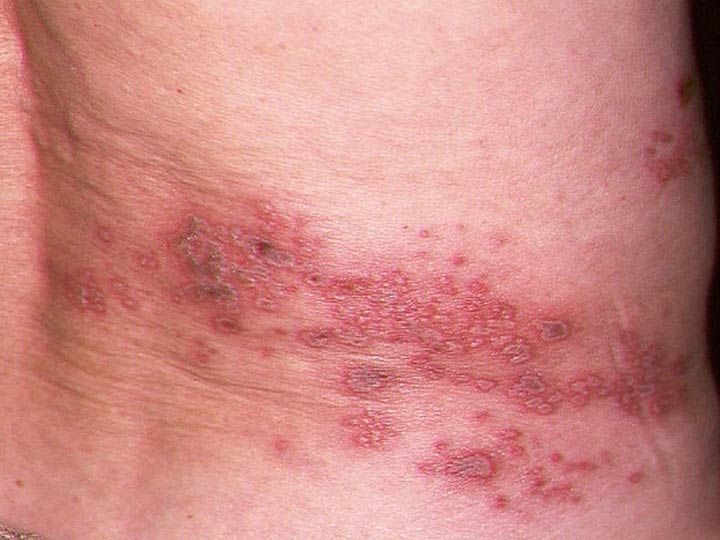
Anti-Zoster Drug Prevents Shingles in Lupus Patients on Anifrolumab
The antiviral drug valaciclovir (Valtrex), given prophylactically, kept patients with SLE under treatment with anifrolumab (Saphnelo) from having herpes zoster attacks, researchers said, offering a potential… https://t.co/zebERdPfzV https://t.co/MOIjbhcWSa
Dr. John Cush RheumNow ( View Tweet)
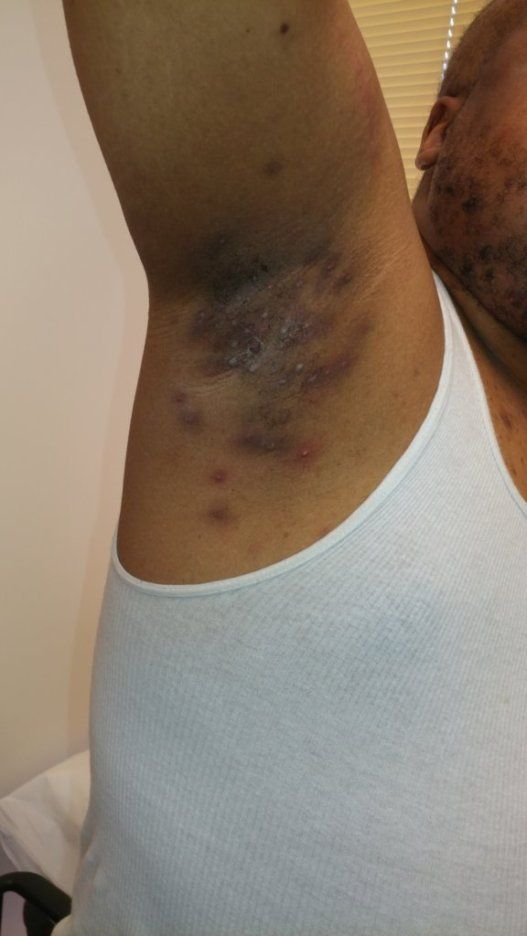
Post hoc study of Hidradenitis suppurativa (HS) phase 3 study w/ 588 pts rx w/ either PBO or adalimumab. 79% had elevated CRP. High CRP assoc w/ more severe HS, higher BMI (34 vs 28; P < .001), & lower odds of ADA response (OR 0.53). Activity or Obesity? https://t.co/ZQzumtW2LV https://t.co/FWaQMyP2TT
Dr. John Cush RheumNow ( View Tweet)
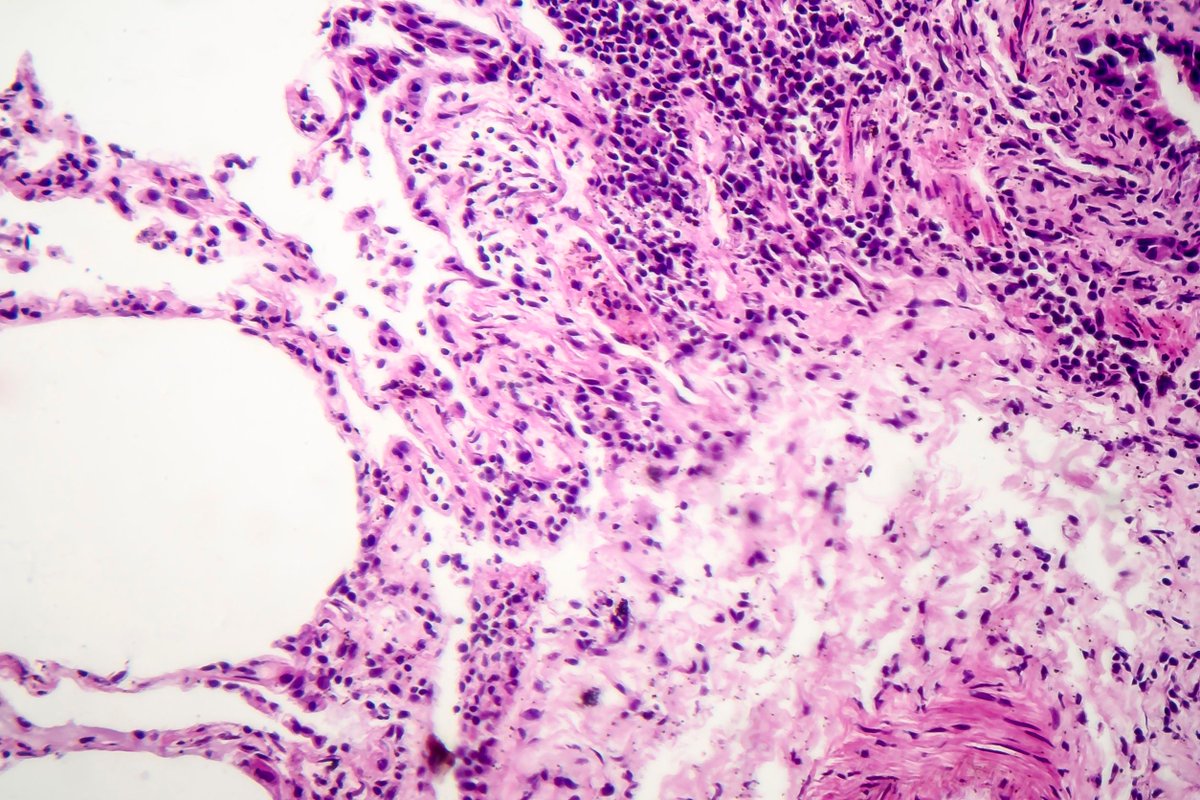
Real world observations from 65 RA-ILD pts Rx w/ nintendinb (95% on DMARDs/Pred) in Italian GISEA registry. 12 mos retention rate = 77% & was effective ~80% in pts w/ > 6 months F/U. Side effects in 55% (mainly GI) & ~1/2 had to reduce dose. 23% D/C drug for AE.… https://t.co/aVcIYtoMK4 https://t.co/CBHxzBc9XQ
Dr. John Cush RheumNow ( View Tweet)
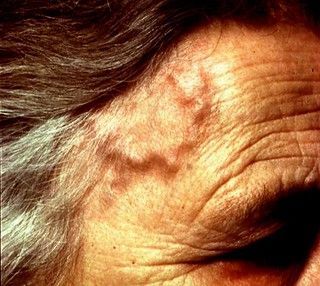
Spanish registry ARTESER, looked at GCA outcomes from 2013 to 2019. In 1200 GCA pts ~ 2 yrs F/U, The 5-Yr mortality 37.9/1000 pt/yrs; higher in males vs females (59 vs 29 p<0.001), but was same as gen population . Incr mortality w/ age & male sex. HA & Hgb were protective… https://t.co/idnuUL9Kog https://t.co/2MsOxuTtCd
Dr. John Cush RheumNow ( View Tweet)

Review of of nurse-led care (NLC) vs Rheum-led (RLC) vs Usual care in RA pts - 14 studies, 3369 pts. shows NLC proves highly effective in managing RA patients, surpassing usual care and equating to rheumatologist-led care in primary and secondary outcomes.… https://t.co/evpFTT9n22 https://t.co/n8ncKG9SFt
Dr. John Cush RheumNow ( View Tweet)
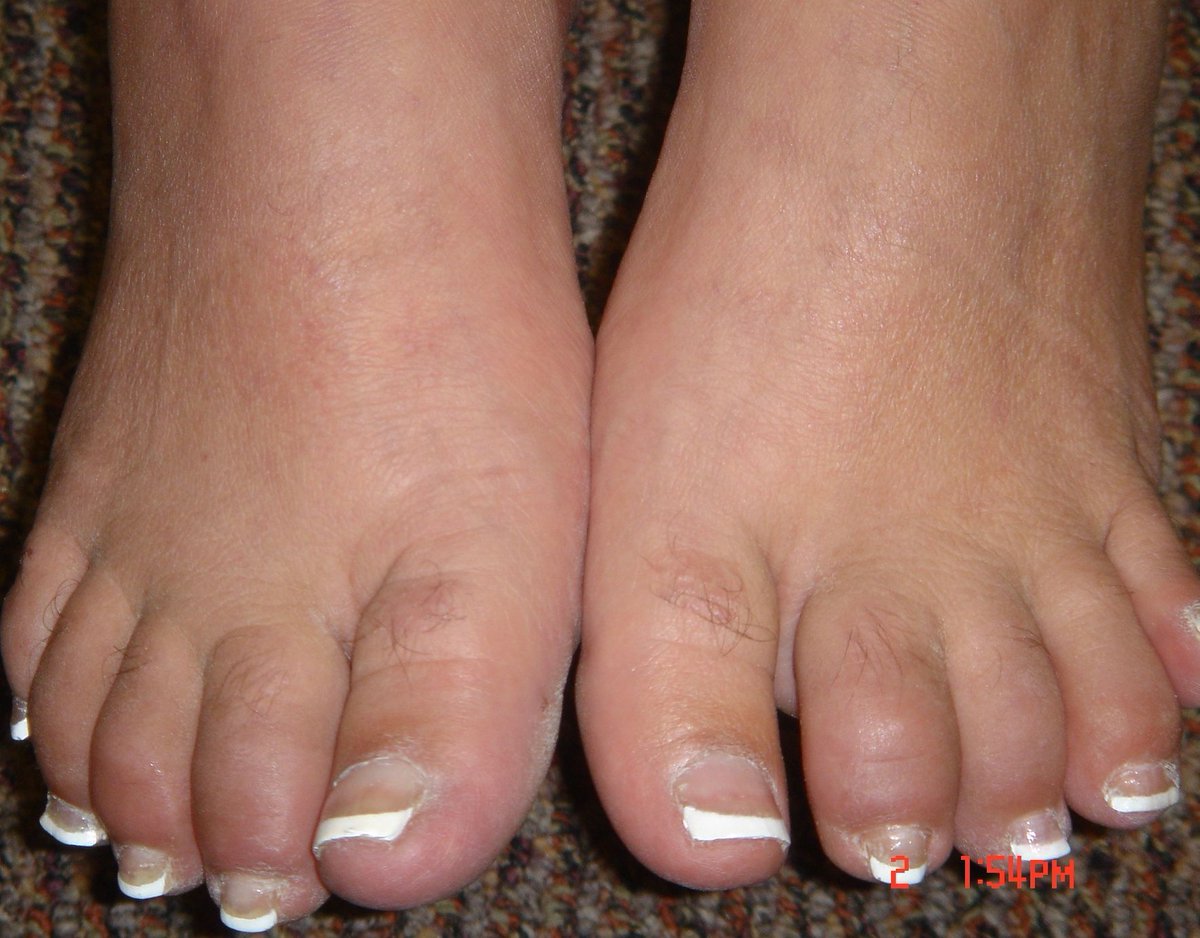
Phase 3 Trial Results of Deucravacitinib in Psoriatic Arthritis
Bristol Myers Squibb announced recently the results from POETYK PsA-1 and POETYK PsA-2, Phase 3 trials pivotal trials of deucravacitinib (DEUC) in adults with active psoriatic arthritis (PsA).… https://t.co/yKBV91dR8z https://t.co/nndnpYheNu
Dr. John Cush RheumNow ( View Tweet)
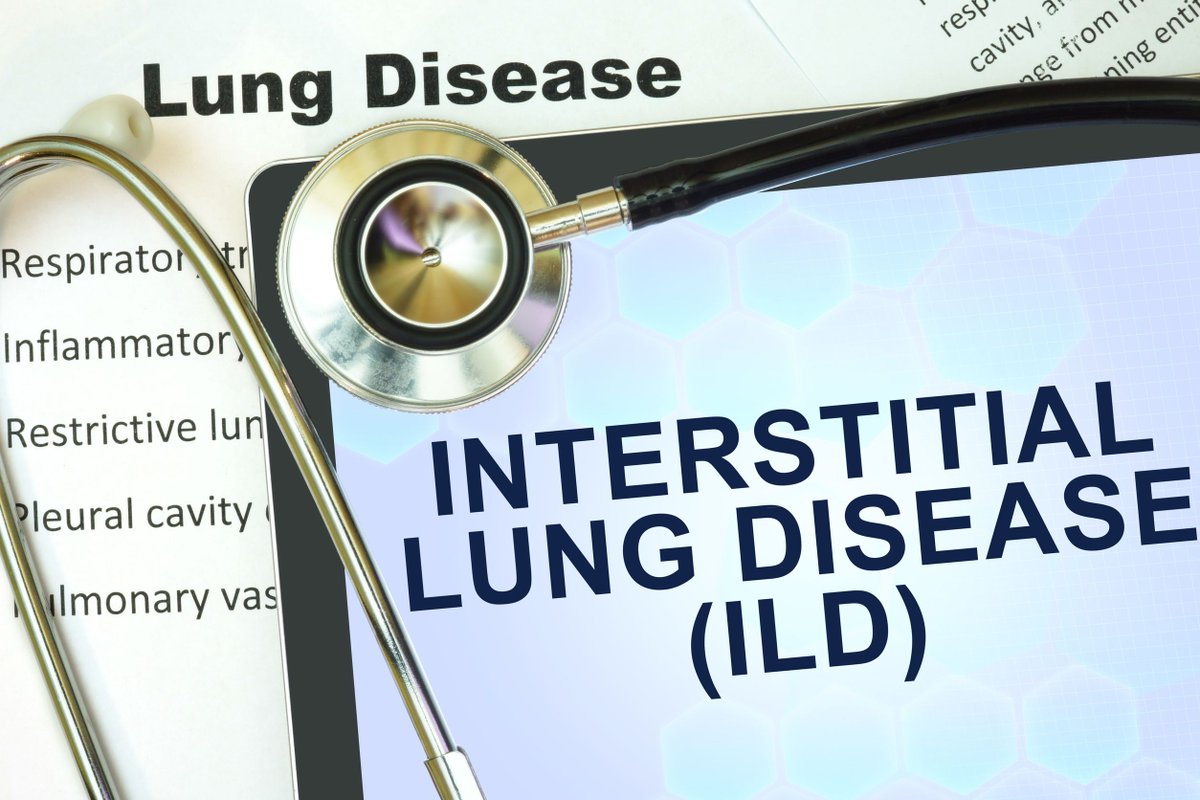
In #RA, Higher levels of ESR and CRP, but not DAS28, joint counts or global assessments, were significantly associated with the risk of incident ILD in RA. German biologics (RABBIT) registry study compared 139 RA-ILD vs vs 686 controls. https://t.co/Ul4HZ1hzS0 https://t.co/GLKL7U4ASt
Dr. John Cush RheumNow ( View Tweet)



